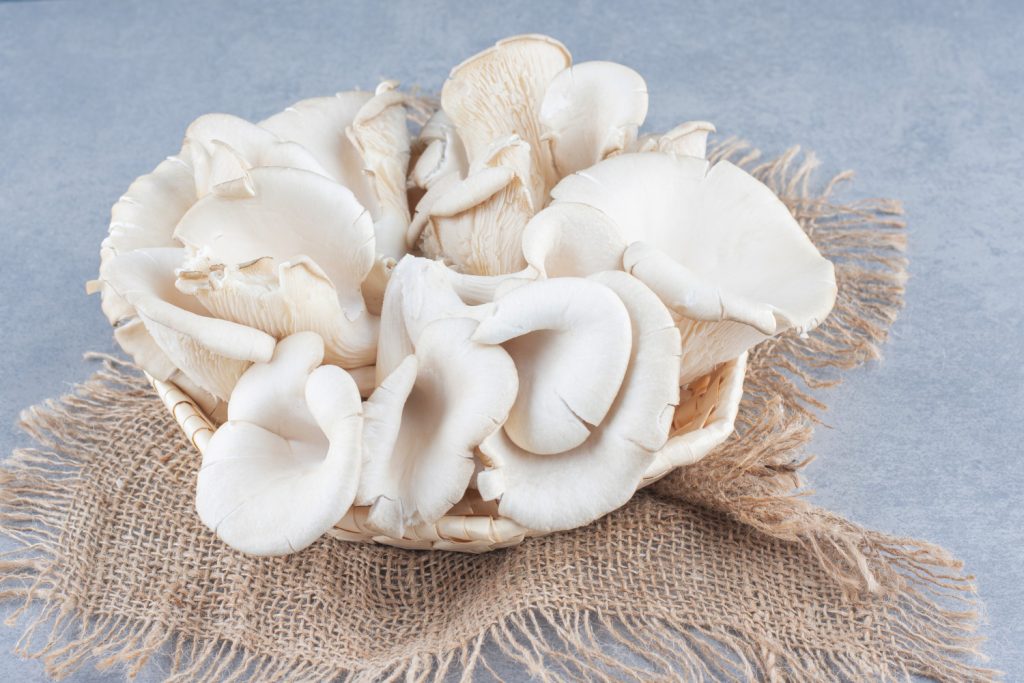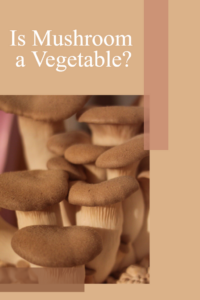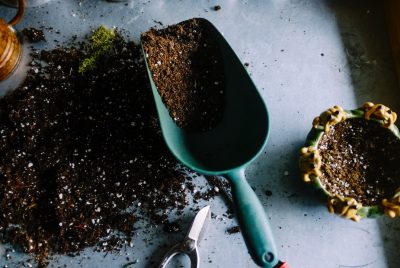Is Mushroom a Vegetable?
As a culinary enthusiast, I often encounter the question, “Is mushroom a vegetable?” The answer might surprise you! In this article, we will explore the classification of mushrooms as fungi or vegetables and delve into their incredible culinary and health benefits. Whether you are our hunting for wild mushroom or growing them in your own garden, understanding the versatility and unique flavor of mushrooms will elevate your culinary experience.
Understanding Mushrooms: Fungi or Vegetable?
The classification of mushrooms has long been a subject of debate. Unlike typical vegetables, which belong to the plant kingdom, mushrooms fall into their own unique category as fungi. They play a vital role in the ecosystem by breaking down organic matter and recycling nutrients. There are many different uses of mushroom, other than for culinary uses. Check out this post where the authors highlights all the other uses of mushrooms and you will be surprised that these fungi are so versatile!
If you’re new to growing mushrooms, don’t be discouraged! Follow the instructions on the grow box diligently, and you should be able to see the mushrooms sprouting once the dormant period is over.
Nutritional Profile of Mushrooms
Despite their classification as fungi, mushrooms offer a wealth of essential nutrients that rival many vegetables:
Vitamins and Minerals: Mushrooms are a good source of various vitamins, including B-vitamins, vitamin D, and minerals like selenium, potassium, and copper.
Antioxidants: They contain antioxidants like ergothioneine and selenium, which help combat oxidative stress in the body.
Protein Content: While mushrooms are not a significant protein source, they contain some protein and are often used as a meat substitute in vegetarian dishes.

Cooking with Mushrooms: Versatility and Flavor
Mushrooms are prized for their versatility in cooking and the unique umami flavor they add to dishes. Here are some popular types of mushrooms and their culinary uses:
Types of Mushrooms for Cooking
- Cremini Mushrooms: Known for their mild flavor, they are perfect for sautéing and roasting.
- Shiitake Mushrooms: With a meaty texture and rich flavor, they add depth to soups and stir-fries.
- Portobello Mushrooms: These large, mature mushrooms are excellent for grilling and using as burger patties.
- Oyster Mushrooms: With a delicate flavor, they are best enjoyed in quick stir-fries and soups.
Culinary Uses and Techniques
Mushrooms can be incorporated into a wide range of dishes, including:
- Sautéing: Add sliced mushrooms to a hot pan with butter or oil for a flavorful side dish.
- Roasting: Toss whole or halved mushrooms with olive oil, herbs, and spices before roasting in the oven for a savory snack.
- Stir-Frying: Quickly cook mushrooms with vegetables and your favorite sauce for a delicious stir-fry.
- Grilling: Marinate portobello mushrooms and grill them for a tasty vegetarian burger option.
Health Benefits of Including Mushrooms in Your Diet
Beyond their culinary appeal, mushrooms also offer various health benefits:
Immune System Support: Mushrooms contain beta-glucans, which can enhance the immune system’s response to infections.
Cardiovascular Health: The antioxidants in mushrooms may help lower cholesterol levels and support heart health.
Weight Management: Mushrooms are low in calories and can be a satisfying substitute for higher-calorie ingredients in meals.
Tips for Selecting and Storing Mushrooms
To make the most of mushrooms in your kitchen, follow these tips:
Choosing Fresh Mushrooms
- Select firm mushrooms with dry, unblemished surfaces.
- Avoid mushrooms with slimy or moldy spots.
Proper Storage Techniques
- Store mushrooms in a paper bag or an open container in the refrigerator.
- Avoid using plastic bags, as they can trap moisture and cause mushrooms to spoil quickly.
Safe Mushroom Consumption
While mushrooms offer numerous benefits, some precautions should be taken:
Cooking to Eliminate Toxins
Certain wild mushrooms can be toxic, so it’s essential to cook mushrooms thoroughly to destroy any harmful substances.
Avoiding Wild Mushrooms
Unless you are an experienced forager, avoid picking wild mushrooms, as many varieties are poisonous.
Frequently Asked Questions (FAQs) about Mushrooms
1. Can mushrooms be eaten raw? Yes, some mushroom varieties like white button mushrooms can be eaten raw in salads or as a crunchy snack.
2. Are all mushrooms edible? While most cultivated mushrooms are safe to eat, some wild mushrooms are toxic and should be avoided.
3. Can mushrooms help in preventing certain diseases? Mushrooms with antioxidants may contribute to overall health and help support the immune system.
4. Can I freeze mushrooms for later use? Yes, you can freeze mushrooms to extend their shelf life and use them in recipes later.
5. Are there any allergies associated with mushrooms? Some individuals may have allergies to certain types of mushrooms, so it’s essential to be cautious if you have allergies.
Last Words
Mushrooms may not fit the traditional definition of a vegetable, but their unique qualities and incredible culinary versatility make them a delightful addition to any kitchen. Whether you sauté them as a savory side or grill them as a hearty burger, mushrooms offer a range of flavors and textures that cater to various culinary preferences. Embrace the magic of mushrooms in your cooking and enjoy their abundant health benefits in your diet.
Check out my review of Pilzpaket Mushroom Grow Bag here!





